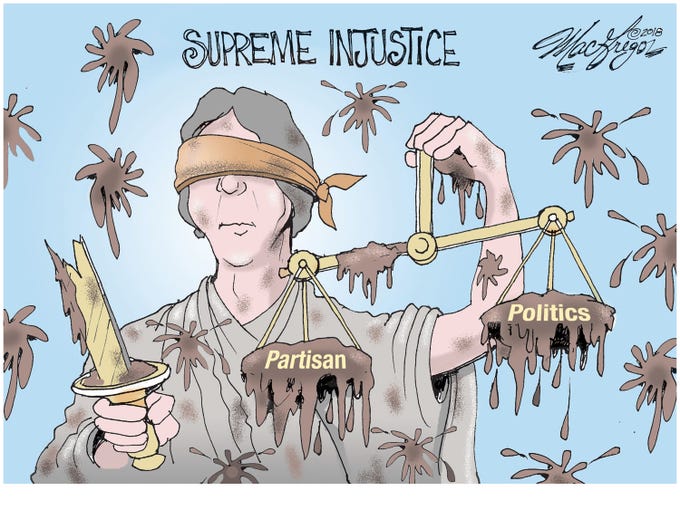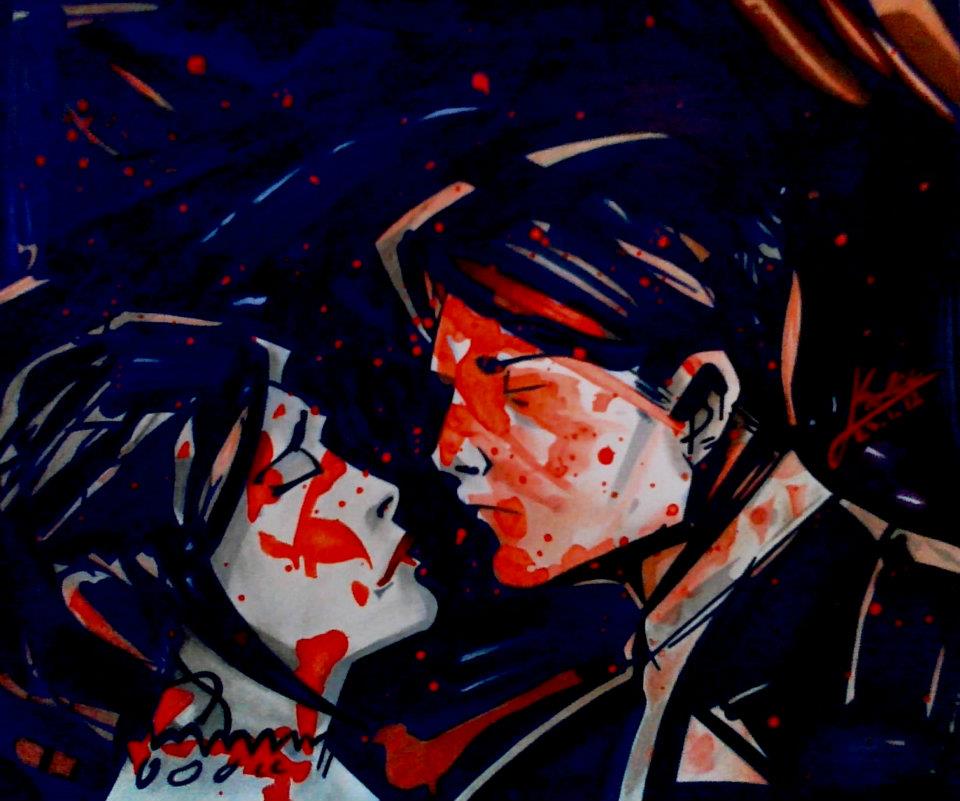
Many describe situations in which people find themselves hating the person they love.
Love and hate are not diametrically opposed. First, love is broader in scope than is hate. While in hate the object is considered to be basically a bad agent, in romantic love the object is perceived to be both good and attractive. Second, there are many varieties of each emotion, and each kind cannot be the exact opposite of all other kinds of the other emotion.
Our desire for exclusivity arises in romantic love but not in hate. In hate we want to see our negative attitude shared by others. It seems natural that we want to share our negative fortune with others while wanting to keep the positive part merely to ourselves.
Hating the one we love is possible from a logical point of view. This phenomenon, however, entails profound emotional dissonance.
Our desire for exclusivity arises in romantic love but not in hate. In hate we want to see our negative attitude shared by others. It seems natural that we want to share our negative fortune with others while wanting to keep the positive part merely to ourselves.
Hating the one we love is possible from a logical point of view. This phenomenon, however, entails profound emotional dissonance.








